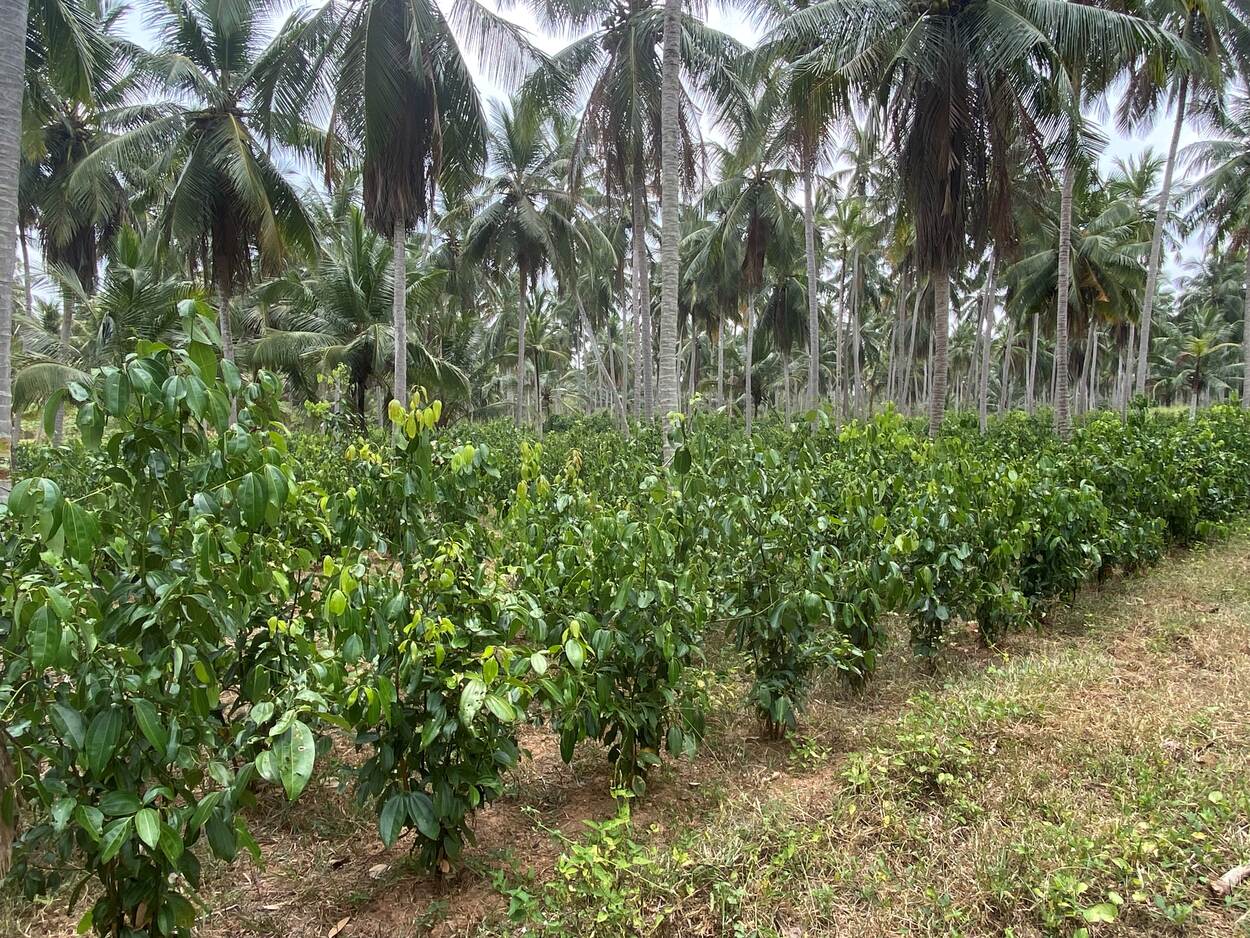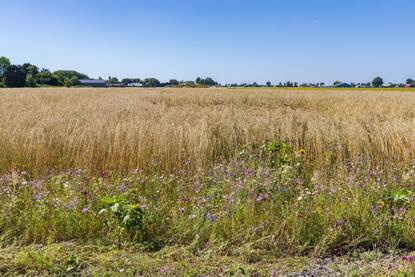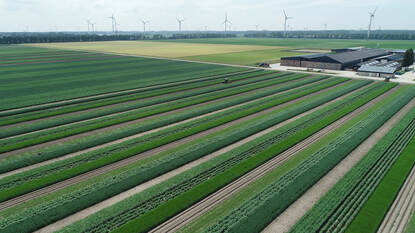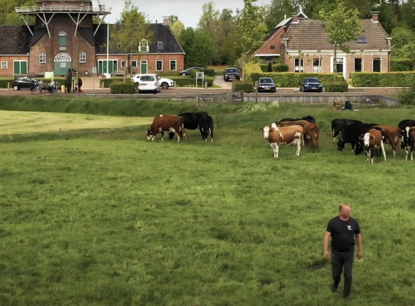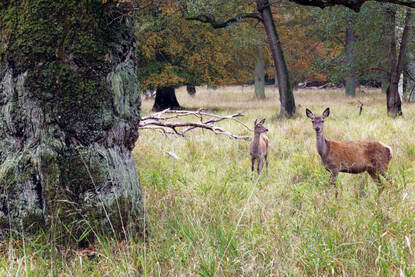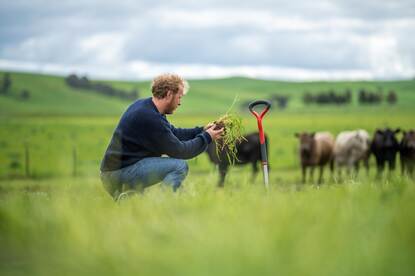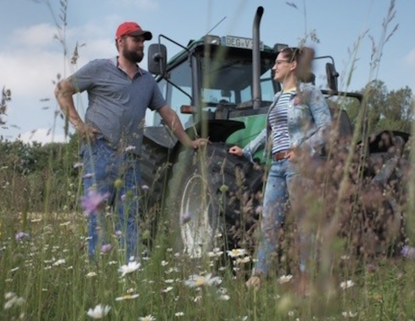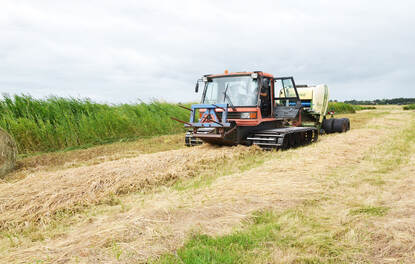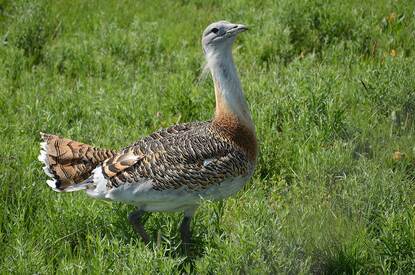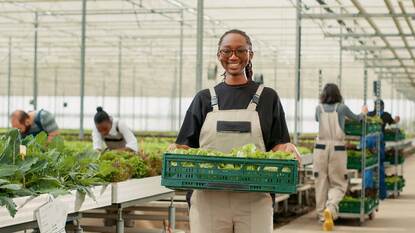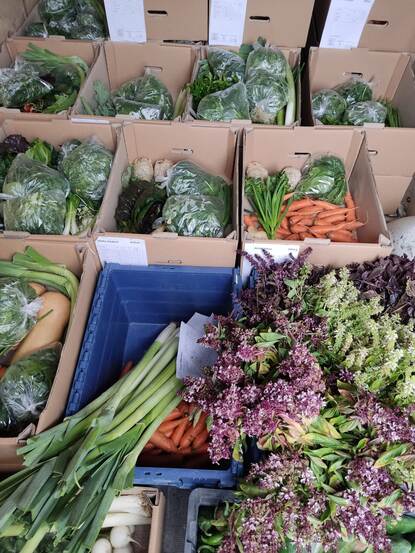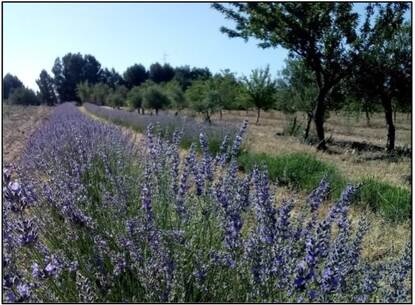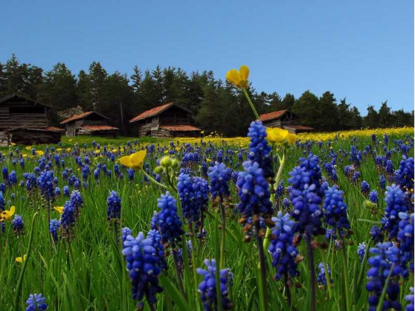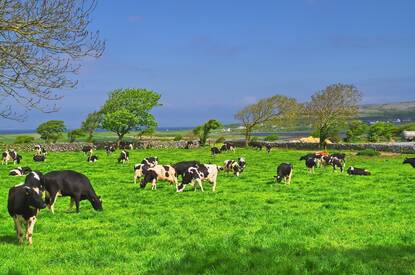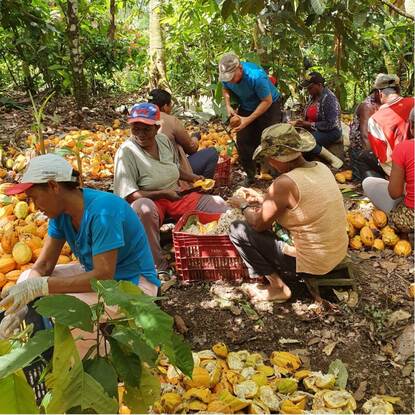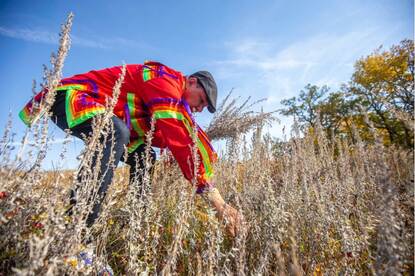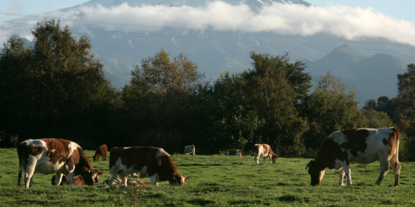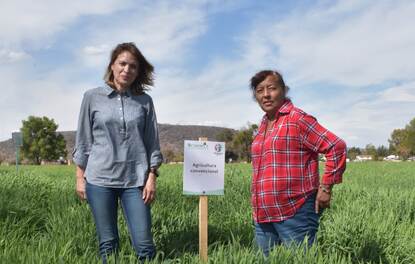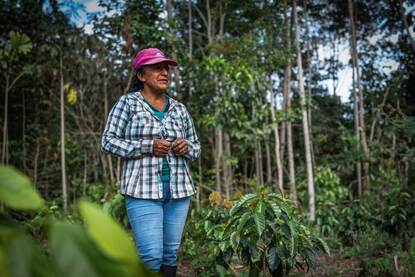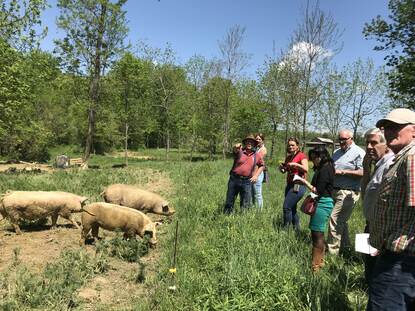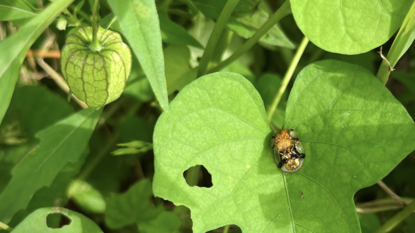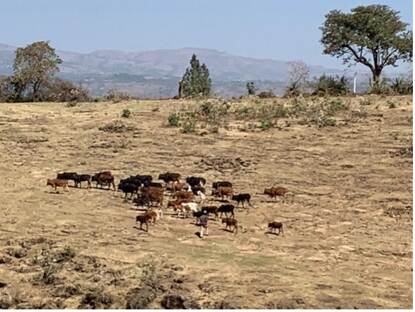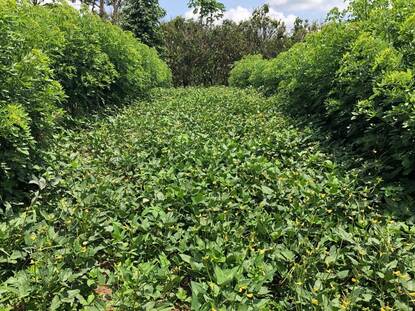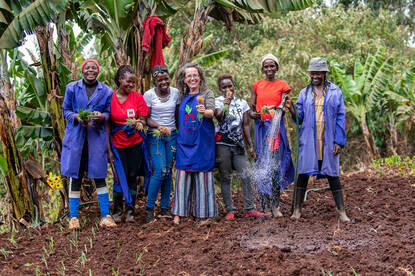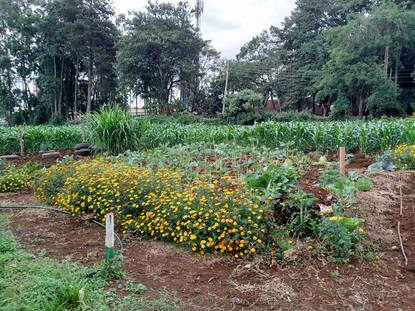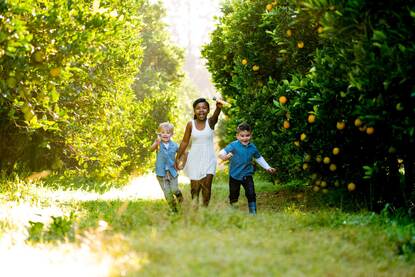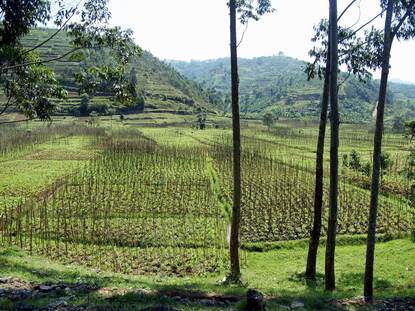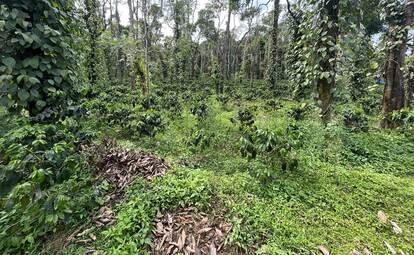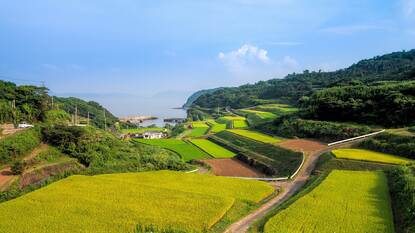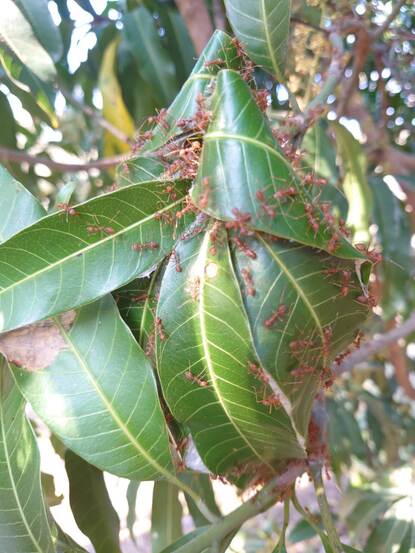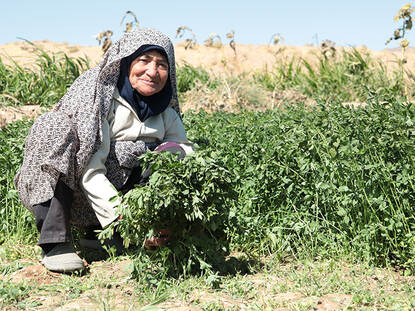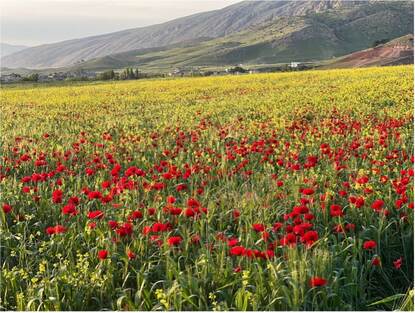The shift towards nature-inclusive agriculture in Sri Lanka presents a promising path forward for sustainable food production, environmental conservation, and the well-being of local communities. By embracing traditional cultivation methods like chena and Kandyan forest gardening, mixed cropping techniques and analog forestry, Sri Lanka can foster a more resilient and diverse agricultural landscape. With the support of international initiatives like the Dutch Agroforestry project, the country can work towards achieving its goals of circular agriculture and nature inclusivity.
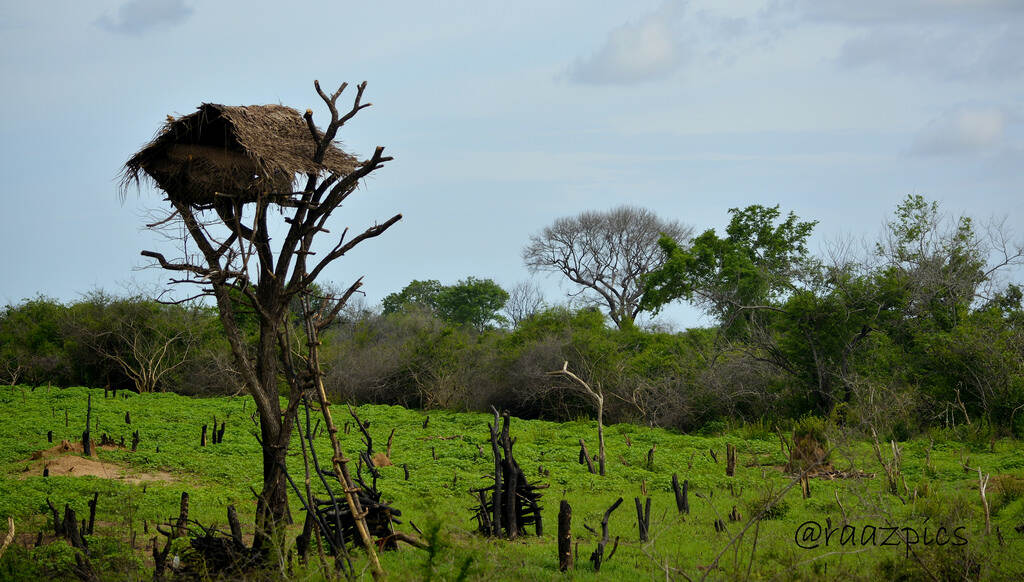
One of the oldest traditional cultivation methods in Sri Lanka is known as chena. This technique involves clearing patches of forests through slashing and burning to cultivate vegetables and grains. While this practice may appear to contribute to deforestation, it is actually more sustainable compared to modern agricultural practices. Chena farmers adopt a rotational approach, moving their farming activities from one piece of land to another, utilizing each plot for a limited duration. This allows for the regeneration of soil and forests over time.
When selecting land for chena cultivation, farmers often avoid areas with large trees, as these trees are used to construct their tree houses. They also avoid regions with intensive wildlife as a precautionary measure. Prior to clearing any land, chena farmers employ various traditional methods to keep away any animals in the area, thereby safeguarding wildlife.
Achieving sustainable food production through chena
According to the research report Sustainable Principles of Indigenous Chena Cultivation and Management in Sri Lanka: Lessons for Contemporary Agricultural Problems (published by Ms. M.K.L. Irangani of Rajarata University of Sri Lanka on chena cultivation, ijsrp.org), agriculture can be practiced without the use of agrochemicals by developing a thorough understanding of nature. The researcher highlights several techniques employed in traditional chena cultivation, such as considering the movement of sunrays and the lunar calendar, adopting polyculture methods to minimize pest and disease occurrences, and utilizing indigenous seed varieties with high resistance.
The study suggests that this traditional knowledge should be taken into account to address the current challenges associated with modern agriculture. Although limitations exist in using chena as an alternative growing system due to the complexities of current food supply chains, the micro-technologies applied in chena cultivation can offer valuable insights into achieving safe and sustainable food production.
‘Analog forests go beyond the concept of agroforestry and create forest systems that closely resemble natural forests’
Kandyan forest gardens stimulate biodiversity
Another ancient family farming method practiced in central parts of Sri Lanka is Kandyan forest gardening. This farming system involves cultivating a diverse combination of trees, shrubs, vines, and plants within the same plot of land. The elevated regions, ranging from about 200 to 800 meters above mean sea level, in high rainfall areas in central Sri Lanka are particularly suitable for implementing these cropping systems.
Kandyan forest gardens exhibit a remarkably high level of biodiversity compared to other cultivation systems. The crops grown in these gardens include fruits, vegetables, spices, condiments, tuber crops, medicinal plants, palm trees, timber, and firewood. These gardens are considered highly resilient to economic and environmental shocks.
Mixed cropping provides economic and environmental stability
Mixed cropping is another method practiced in Sri Lanka, which allows different crops to grow together to control pests and diseases. This approach enhances biodiversity on the farm while providing both economic and environmental stability.
The use of legumes to increase soil nitrogen is also practiced in this cropping method, reducing the reliance on chemical fertilizers.
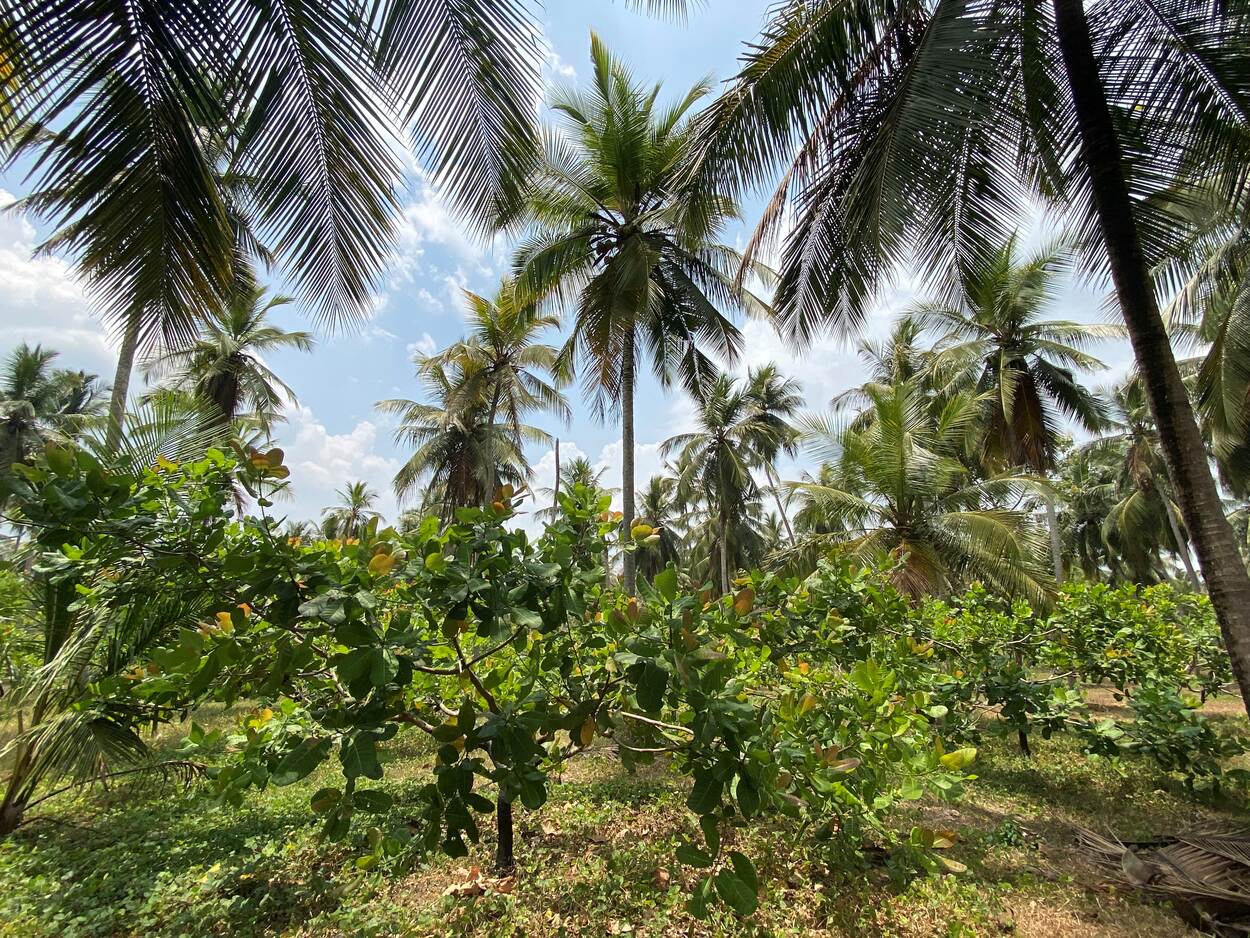
Analog forestry
The concept of analog forestry, originating in Sri Lanka, involves cultivating forests that promote habitat and ecosystem maturity by combining various plant species. This approach helps mitigate the loss of native biodiversity and the negative effects of climate change.
Analog forests go beyond the concept of agroforestry and create forest systems that closely resemble natural forests. In addition to providing a successful alternative to monocultures, analog forests yield food and marketable products such as spices, fruits, beverages, timber, firewood, and medicines.
Dutch Agroforestry project
In a bid to enhance nature-inclusive agriculture, the Government of the Netherlands, through its Netherlands Enterprise Agency (RVO), in collaboration with the Embassy of the Kingdom of the Netherlands in Colombo, has initiated the Dutch Agroforestry project. This project aims to establish model agroforestry pilot projects on tea and coconut plantations in Sri Lanka with the goal of increasing productivity on degraded lands. Multiple technical institutions are involved in this project to facilitate knowledge generation and transfer.
The plantation sector in Sri Lanka is a significant contributor to the national economy, providing employment opportunities for many people. However, tea and coconut plantations face socioeconomic and environmental challenges with far-reaching implications. Unsustainable practices, including monocultures, heavy pesticide use, and pollution, have resulted in depleted soils with poor fertility, degraded lands with limited water-holding capacity, and loss of biodiversity. Furthermore, the impact of climate change, such as intense rains causing soil erosion and variable rainfall patterns affecting water availability, exacerbates these problems.
Agroforestry offers an opportunity to improve the productivity and resilience of plantations by incorporating nature into the agricultural landscape. Considering these developments, the Netherlands Embassy in Colombo supports companies and organizations interested in exploring opportunities in nature-inclusive agriculture.
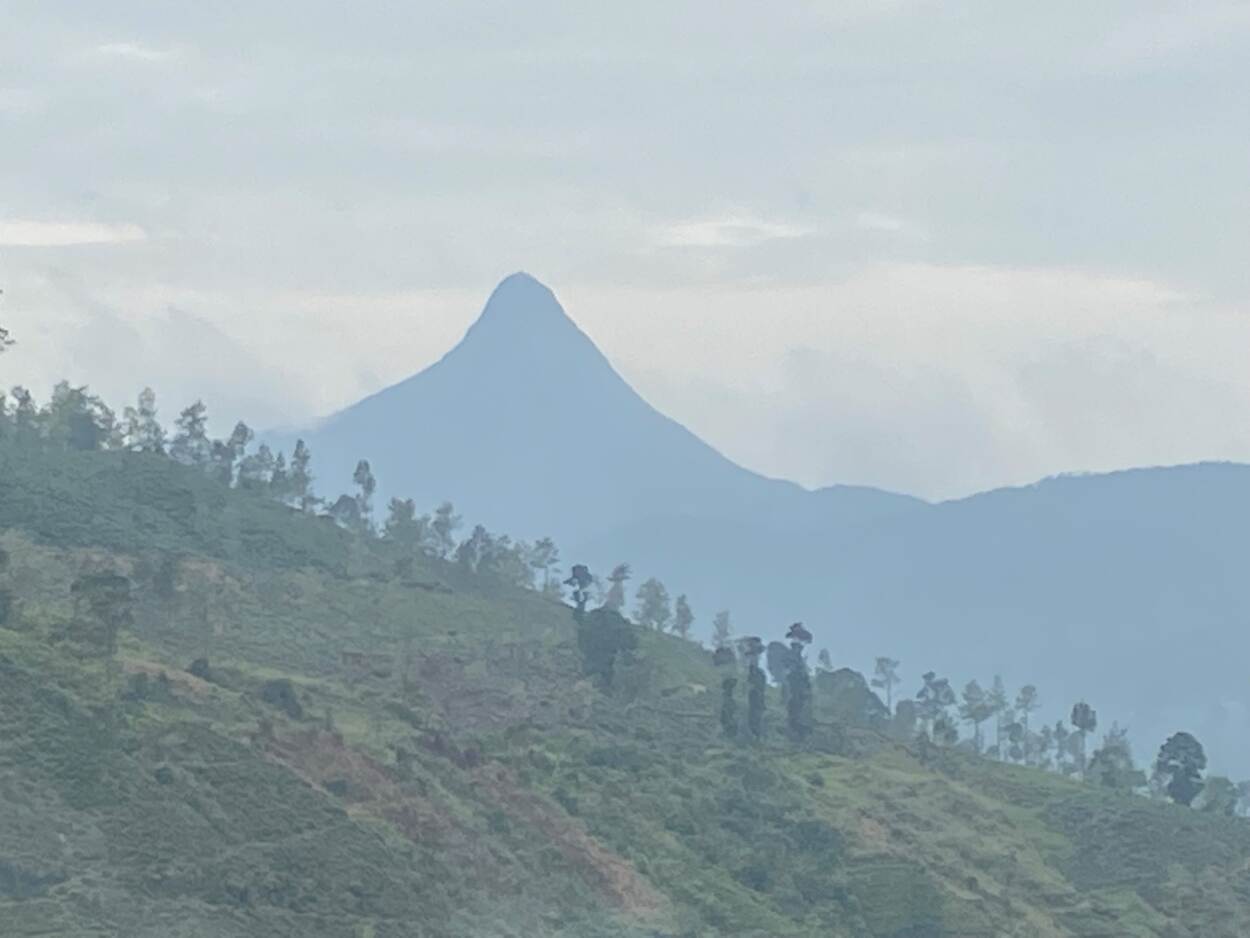
Contact
Would you like to know more about the current developments in the domain of agriculture and nature in Sri Lanka or contact the agricultural team at the Netherlands Embassy in Sri Lanka?
You can visit the country page of Sri Lanka at the website agroberichtenlandbuitenland.nl of the Netherlands ministry of Agriculture, Nature and Food Quality.
For further information, interested parties are encouraged to reach out COL@minbuza.nl.
